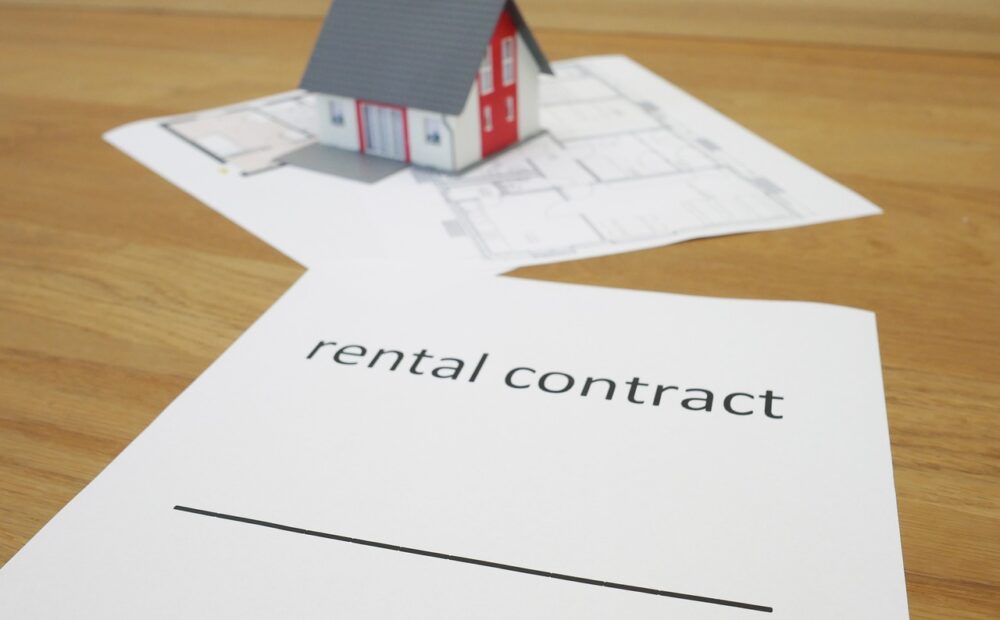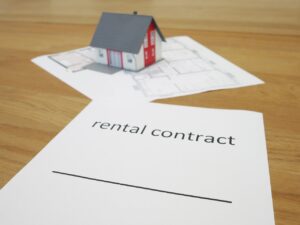Consider the following scenario: the landlord gives you a 3-day notice; what would happen? Will the tenant have to pack up and leave, or what if he or she is evicted? These questions arise as we listen to a landlord to serve you with a three-day notice. But it all depends on why the tenant is being served with the notice. The notice varies depending on the situation. And the eviction process can only be carried out with the approval of a judge or magistrate. Can a landlord give you 3-day notice?
Many clauses or rules may be written requiring the landlord to provide you with a 3-day notice for specific issues such as the tenant failing to pay rent on time or violating any terms of the agreement. Many landlords attempt to hire a property management company, which may dread the process and assist in filing a notice or an unlawful detainer. When the landlord gives you 3-day notice?
Is it shocking for tenants if their landlord gives them a 3-day notice?
The notice is haunting, frustrating, and frightening for tenants because they may not have considered that in the case. Perhaps this happened in a case where the tenant’s check bounced due to insufficient funds in the bank, making automatic rent payment impossible, or there was a financial emergency in the tenant’s life and the tenant was unable to pay the month’s rent.
If the landlord has good relations with the tenant, he/she can simply call the tenant and solve the problem instead of sending the notice as soon as the tenant is late with the rent or has done something against the agreement. But in case, the tenant has multiple payments due, so he/she can expect an official notice from the landlord.
Notices of various kinds
Depending on the action to be taken, different types of notices are served on the landlord. Some are as follows: three days notice to take any action in the case of unpaid rent, violence, or drugs, seven days notice of non-compliance in the case of a violation of a law or rule, no reason notice 30 days before the rent payment in the case the landlord wishes to end the tenancy, and so on. The different types of notices required depending on the reason for terminating the tenancy.
The landlord serves you with a three-day notice for the following reasons:
-
Rent owed –
The landlord gives the tenant a three-day notice of non-payment of rent in this case. If the landlord wishes to evict the tenant, he or she must first provide the tenant with a three-day notice. The notice must state the amount owed to the landlord as well as the due date. If the tenant pays the amount, he or she will be able to continue living there. If he or she fails to make the payment, the landlord has the right to terminate the tenancy. The landlord cannot demand additional compensation, such as late fees; the tenant can simply refuse.
-
Drugs or violence? –
In this case, the landlord provides the tenant with a three-day notice of clear and present danger and requests that the tenant vacate the premises. However, the law does not specify what constitutes a clear danger. For example, assaulting someone, illegal activities such as drug use or sale, gun use, and so on. The landlord give you 3-day notice.
The notice can also be issued if there is a fight or violence between tenants or the landlord. The important thing to remember is that the eviction process can only be carried out by the judge. The landlord does not have the authority to evict the tenant; instead, he or she must first go to court. The judge must then issue an order for the tenant’s eviction.
When your landlord gives you a 3-day notice, you may be evicted:
A “forcible entry and detainer action” is the legal term for an eviction lawsuit. When the landlord begins the eviction process, the hearing is automatically scheduled. The tenant has the right to tell the judge his or her side of the story, and the landlord has the same right. If the judge issues an eviction order, law enforcement officers are obligated to evict the tenant. And obey the judge’s orders; without them, the landlord cannot evict the tenant. If the landlord provides the incorrect notice or fills it out incorrectly, the notice is not considered or recognized in the court and the tenant can continue to maintain a legal possession on the property unless the correct 3 – day notice is given to the tenant.
A three-day notice typically includes the following items:
1. The tenant’s name
2. The unit’s address
3. The date on which the notice was issued.
4. The amount owed in rent.
5. Statement mentioning the three-day repayment notice or the unlawful detainer.
6. The manner in which the tenant is served with the notice.
How the Three-day notice can be served to the tenant?
- Delivering the notice to the tenant at the rental place or place of work by the landlord.
- Can mail the notice to the tenant. In case it is given to someone who is above 18 years at the rental place or place of work or if it is posted to the place.
The simplest method is to pay the rent or directly quit if the tenant is not able to pay back. If possible, the tenant can try to talk. Or convince the landlord for the repayment a little afterward just in case he/she has a valid and strong reason for not paying the rent otherwise landlord give you a 3-day notice?


